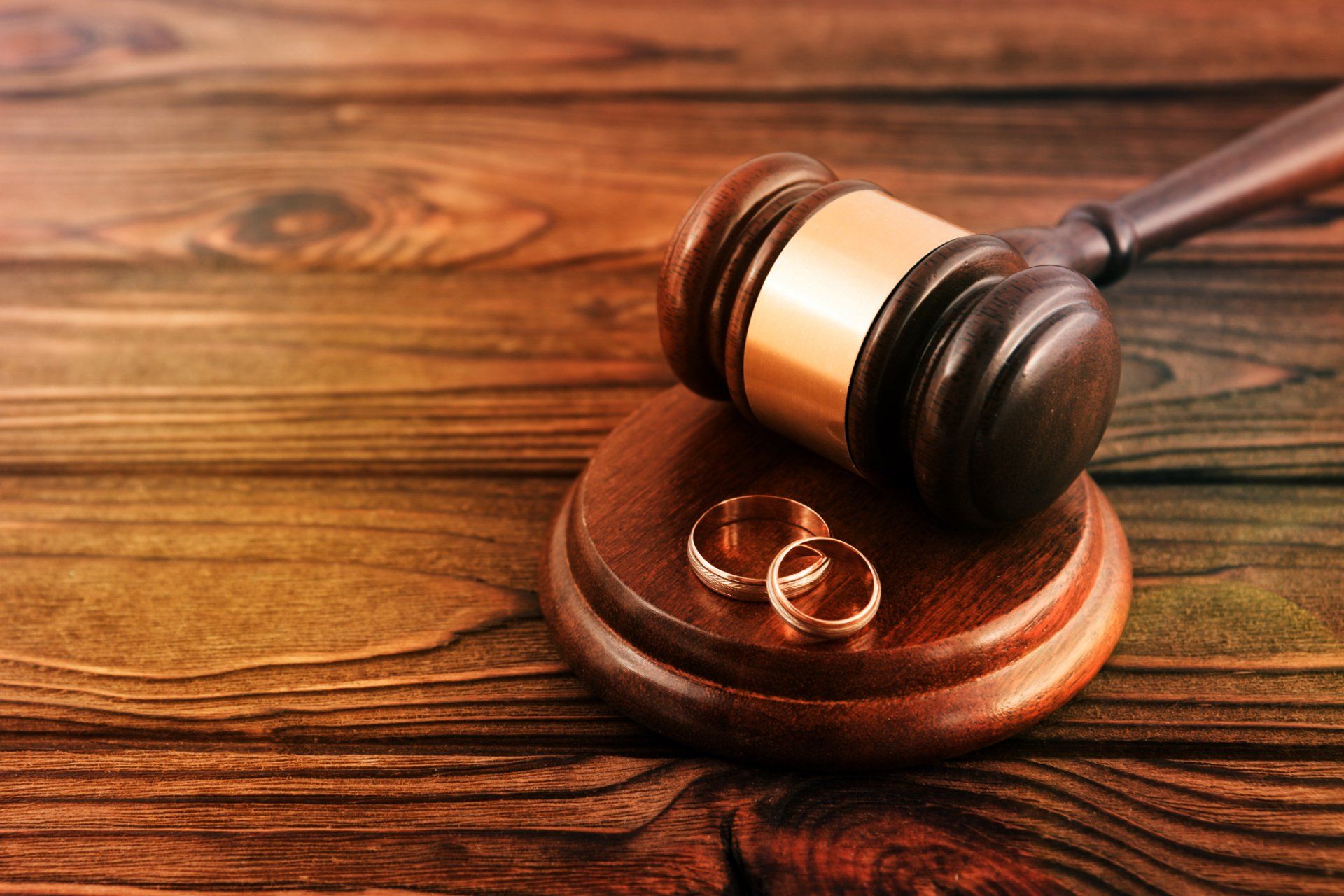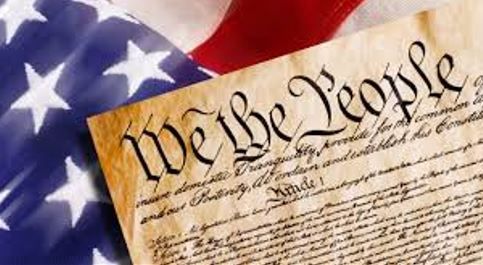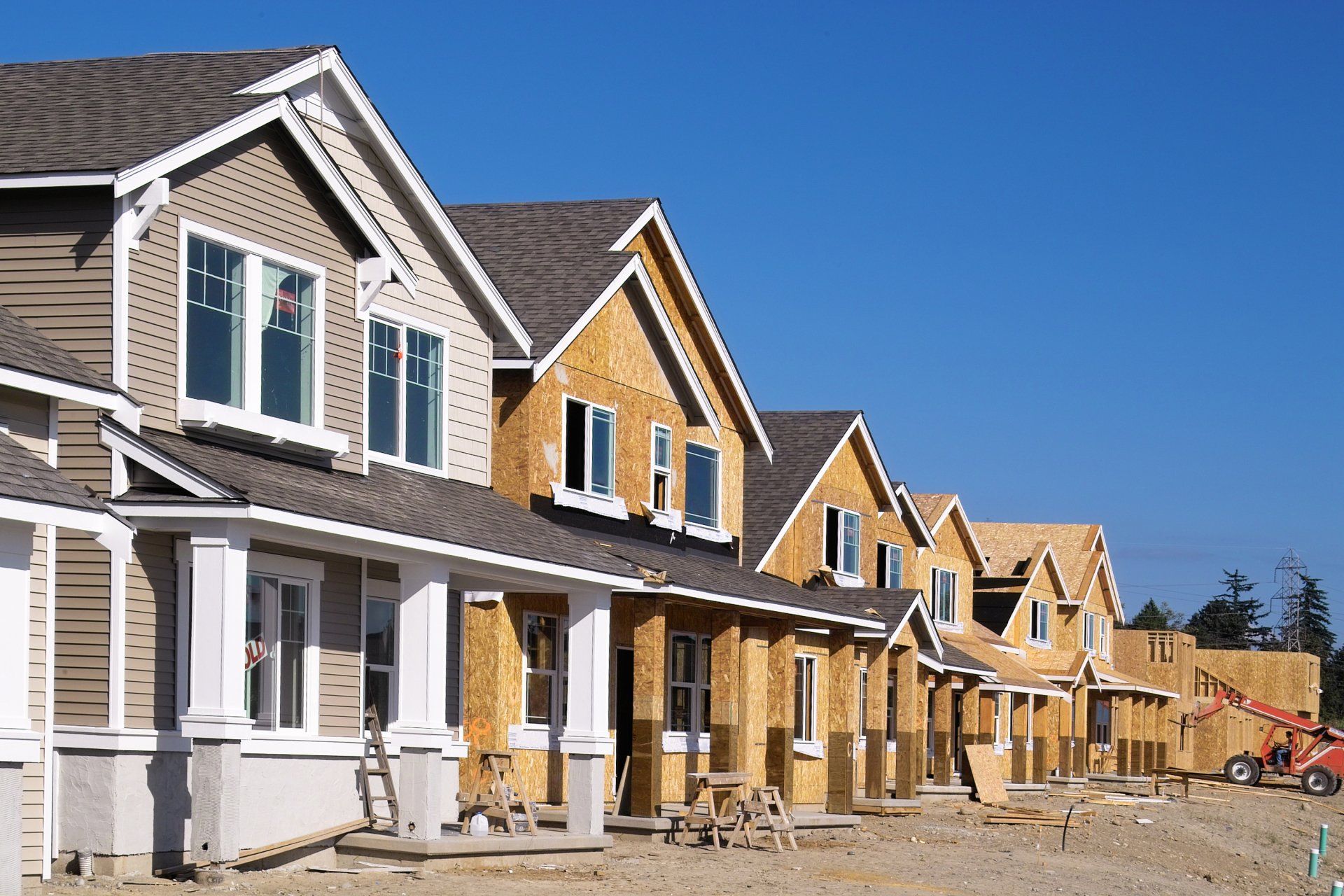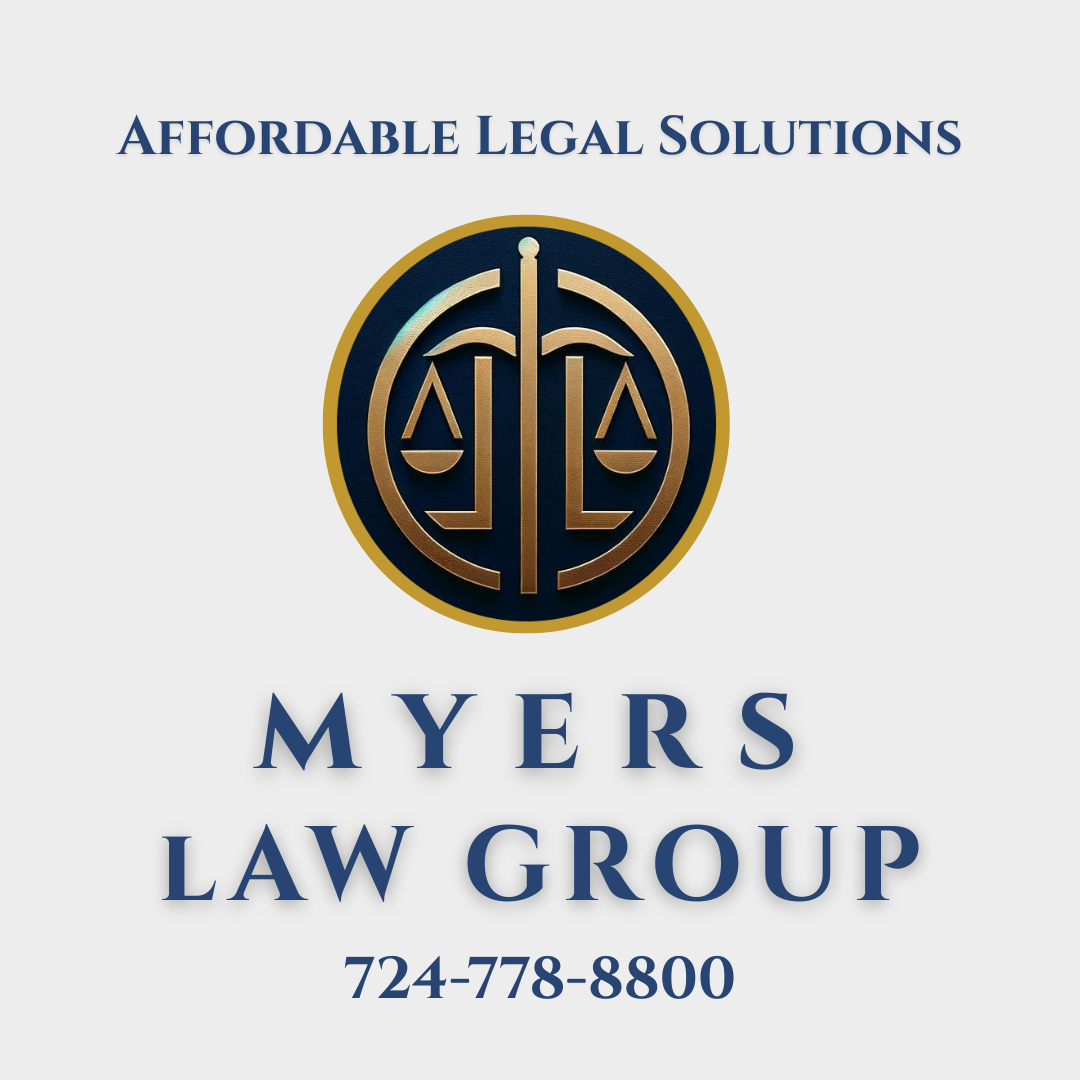By websitebuilder
•
January 7, 2022
Myers Law Group, LLC was recently successful at the trial court level in litigating an interesting case involving the intersection of homeowner’s associations, encroachments, and adverse possession. In this instance, Myers Law Group, PLLC was successful in having the Court find that their clients had successfully adversely possessed an approximately one (1) acre parcel of a planned residential community’s common area. In light of this litigation, we felt it would be helpful in looking at these issues and sharing some information that can be of assistance to homeowner’s associations and the residents of planned communities concerning how to deal with issues involving encroachment on community or common property within planned residential communities. What are Encroachments? Encroachments are an unwelcome intrusion on an owner’s property by another. This can range from relatively low impact encroachments such as people entering onto other’s property in a simple trespassory manor all the way to the establishment of landscaping, features such as sheds and retaining walls, or attempts to expand a neighboring property. Often, encroachments are unintentional or the result of unclear property boundaries, for example a pre-existing fence not being situated on the actual property line but being treated as if it were or an instance where one property owner cares for an maintains a portion of another’s property due to confusion over where the property lines are. However, while many encroachments are unintentional or based on mistake of fact, encroachments are also the opening gambit for more serious issues. For planned communities, encroachments can be especially difficult to deal with when it comes to common area both within the community and surrounding the community. What is Adverse Possession? In Pennsylvania, a claim of adverse possession gives a trespasser legal title to property if they can prove actual, continuous, exclusive, visible, notorious, distinct, and hostile possession of property for (in most cases) 21 years. Recent legislative changes have, in some circumstances, reduced this amount of time to only 10 years. One motivating factor behind the continued legality of adverse possession is that it ensures land does not lay dormant: it incentivizes property owners to timely assert their ownership rights and, if they fail to do so, allocates real property to those who put it to use. Land, buildings, and even rooms within buildings can be obtained through adverse possession. Adverse possession can be especially difficult to protect against on planned community common property, as some of this property may not be regularly monitored, or people who do notice adverse possession occurring may refrain from doing anything as they may think they have no basis to attempt to stop the adverse possession. Practical Solutions Homeowner’s Associations must contend with a wide variety of issues, but one that frequently tends to get overlooked or given reduced emphasis is protecting the common area boundaries of their planned communities. While homeowner’s associations certainly want to be fiscally responsible, there are several steps that can be taken prior to litigation that can prevent being brought into an expensive and time-consuming legal matter with regards to encroachments and adverse possession issues. Three practical steps that can be taken to avoid disputes are: First, understand your property boundaries. While descriptions in deeds and easement agreements provide a starting point, this is best accomplished with assistance from a professional surveyor who can stake out visible boundary markers on your property; Second, understand what activities are inconsistent with the purposes of any allowances to use the property or that effectively encroach on the property; Finally, regularly monitor the property and assert your property rights to avoid encroachment. Regular monitoring will inform you of potential or actual encroachment and provide an opportunity to take appropriate action to avoid an adverse possession dispute, whether that means granting permission for use in writing or ejecting the trespasser from the property. In the matter recently handled by Myers Law Group, our client was a property owner who had used a portion of a neighboring planned community’s common area property as an extension of their yard since the late 1970s. This included mowing, landscaping, and maintaining it, along with erecting sheds and playground equipment on the property and using it for social functions throughout the spring, summer, and fall. After receiving a letter from the neighboring planned community concerning the planned community’s understanding of the property boundaries, our clients sought to obtain title to the parcel by means of adverse possession and were ultimately successful. While the homeowner’s association did take some initial steps to prevent encroachments, there efforts were not appropriate to prevent a taking by adverse possession. This begs the question, what could be done to prevent this? As discussed above, the first is having a clear understanding of your property boundaries. The best way to do this is to have the property surveyed professionally, as mere reliance on metes and bounds descriptions or legal descriptions in deeds in often insufficient to properly understand. This is especially the case when dealing with common area property that is designed to be left alone. In the example case we are using, the community had been designed with common area serving as a buffer between the community and neighboring properties. As such, large portions of it were left unmonitored and neighbors were able to freely encroach on the property. Where in encroachments and/or trespasses are happening, there are two ways to protect property interests and guard against others gaining an interest in your property rights: Oust the trespassers, whether with the assistance of the police, court action, or otherwise; or Give permission for the use. If the use is permissive, it’s no longer a trespass and the time counting towards ownership or easement by adverse possession ends. Certain encroachments or trespasses will require you to take action to oust trespassers. In Pennsylvania, there are limited self-help options, and many of those, such as placing posted or no trespassing signs, can be ineffective on their own, or erecting barriers to entry such as fences or employing personal to serve as security can be costly. Encroachments or trespasses that may create safety risks or devalue the property should be addressed via reporting them to the police and bringing legal action to either eject a party or things like landscaping or retaining walls or fences from the property. In the case recently handled by Myers Law Group, a large portion of the encroachments that were incurring were simply people entering onto the property for recreational or social activities or general maintenance of the grounds and plants. In this case, the homeowner’s association did ultimately learn of the encroachments, but only took relatively minor enforcement efforts of sending letters asking that the encroachments and trespass cease and placing no trespassing signs on the property. Counterintuitively, this can actually help to strengthen an adverse possession claim as it can help to show the adverse nature of the use and possession. In this case, the homeowner’s association could have cut the adverse possessors off at the pass by (again somewhat counterintuitively) giving the trespassers permission to for their use. Permission can be granted to others who do not have an interest in the property via three main means: an easement, lease, or license. Easements and leases can be problematic as they both constitute interests in real property and are encumbrances on title. Further, depending on specific homeowner’s association regulations and bylaws, it may be impractical or impossible to use one of these tools. For these reason, providing a limited use license can be a practical and economical solution to protect a planned community’s common areas from adverse possession and maintain positive relationships with neighbors. License: Permissive Use Revocable at Any Time A grant of a license to use real property provides the licensee the right to enter or occupy certain property for a specific purpose but only for so long as the owner has no objection. In other words, the owner may withdraw permission at any time for any (or no) reason. No formal agreement is needed to establish a license; a simple letter from the owner to the licensee will suffice. Not putting the license in writing is risky, because an encroacher might claim that the owner provided the encroacher with an oral lease—a permission not immediately revocable—rather than a license, which is revocable at any time. In Pennsylvania, a successful claim of oral lease may result in the unwanted use continuing for up to three years. Also, without evidence that the owner has exercised control, there is still risk of a claim of adverse possession. Characteristics of a License The following characteristics of a license are the interpretation that Pennsylvania law will provide unless the parties provide otherwise in their documentation: Property interest. The license is not an interest in real property and, thus, not an encumbrance on title. Exclusivity. A license is not exclusive. The owner can use the licensed area too. Revocability. A license is revocable at any time. Transferability. A license is not transferable. This includes both transfers to other persons by assignment and transfers to subsequent owners of a benefited property. For example, if a neighbor is given permission to maintain an encroaching fence on your property, the benefit of that license doesn’t accrue to a subsequent owner of the neighboring land. Special Considerations In the case we have been discussing, a large portion of the homeowner’s association’s unsuccessful defense at the trial court level was based on the heightened standard for the adverse possession of property considered to be woodland. Woodland has not been specifically declined, and Pennsylvania case law makes it clear that the determination of whether a property is woodland is a threshold decision to be made by the trial court. This is important, because in Pennsylvania woodland can only be adversely possessed on a heightened standard; requiring that the parcel is used for human habitation with a structure for habitation erected upon it or if it is cultivated for agricultural purposes. However, the trial court in our case reached the threshold decision that the parcel in dispute was no longer unenclosed woodland and the party seeking adverse possession had altered it from a wooded state. As such, it is important that homeowner’s associations actively take steps to protect the boundaries of their common area property and do not just rely on the potential that any attempt at adverse possession would be stopped by the natural condition of the land. Should you have questions about establishing procedures to protect against encroachments or adverse possession of planned community common areas or to address any such issues relating to protecting your common areas, call Myers Law Group, LLC at (724) 778-8800 to speak with an experienced attorney. Nothing in this article should be read or construed to constitute legal advice, nor to establish any attorney-client relationship. Further, the status of the law may have changed since this article was published. For updated information on these Pennsylvania Real Estate Law matters or their specific application to your situation, you should contact an attorney for professional legal advice and guidance. This article constitutes legal advertising in some states.










